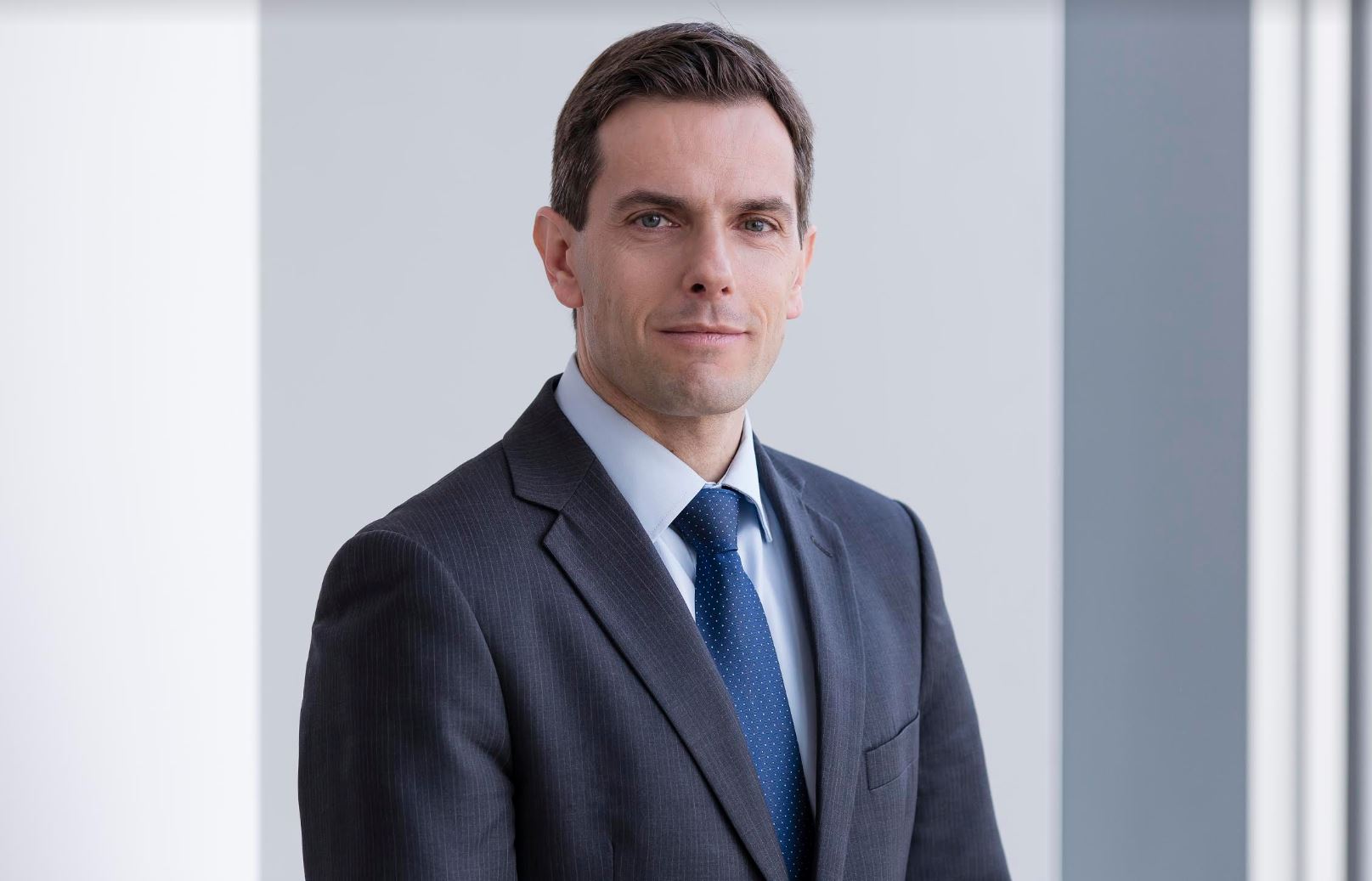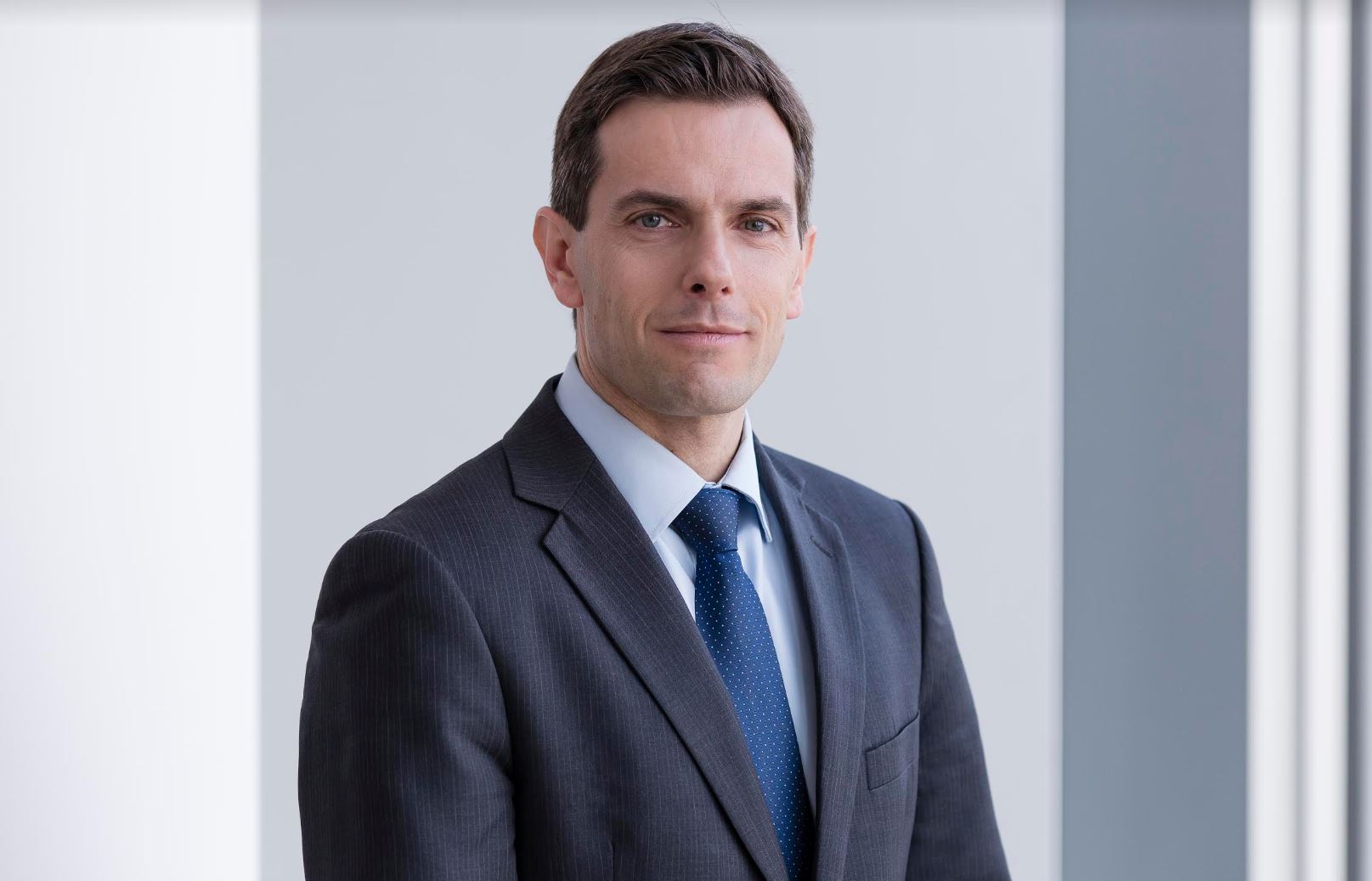What will 2024 bring? To answer this question, Pictet AM recently invited Luca Paolini, its chief strategist, to give his analysis to the firm’s Spanish clients. At the event, Gonzalo Rengifo, head of distribution for Iberia and Latam at Pictet Asset Management, summed up the firm’s main conviction: “We are entering a market cycle of some moderation, in which developed countries will continue to grow and emerging countries will grow more”.
Rengifo explained that in 2024 the disinflation process will continue, “if geopolitical events allow it”, although he warned that, at least in developed countries, that process will not be immaculate: “We believe that, from now on, every release of inflation data will entail volatility”. “Although interest rates may have peaked, the cuts may come later and be slower than expected by the market. Indeed, by 2024, we expect interest rates to be cut in both the eurozone and the US, but not aggressively. The Fed may cut them more than other central banks. In addition, the Bank of England, with its economy in recession, may cut rates earlier than expected,” he adds.
Third, Rengifo highlighted the importance of income as a new player in investments, offering returns of 3% to 5% across asset classes: “The good news is that, for the first time in a long time, we expect bonds, equities and cash to generate positive real returns. The new normal is lower expected returns in bonds and equities, lower correlations, a return to fundamentals and lower growth. Inflation will slow, but not enough.”
Inflation: the last mile will be the hardest one
During his speech, Paolini insisted on the need to put the current market situation into perspective. Thus, although he notes that the market is currently dominated by pessimism and bearishness, he appeals to realism: “We believe that next year’s returns will not be fantastic, but they will be better than those seen in the last decade”.
Pictet AM’s chief strategist gives two pieces of advice for 2024: first, take consensus expectations with caution; second, that the entry point for accessing different asset classes is key. In this regard, he has good news: “Equities, fixed income and cash are for the first time since 2002 where they should be: equity multiples are aligned with fundamentals, cash remunerates in line with inflation and rates are at normal levels, in line with nominal growth.”
The expert gave as an example of the caution to be taken when pricing in expectations how the two big stories that were to mark 2023, the US entering recession and the post covid recovery in China (which has disappointed markets) have played out: “We didn’t think the US was going to be so strong in 2023. By 2024 we expect a rebalancing with a big change, because it is still possible that the US will disappoint, that the consumer will weaken more than expected.” Instead, Paolini believes Europe could surprise positively.
On inflation, Paolini stated that “the last mile will be the hardest”, in the sense that the most painful thing will be to get inflation from 3% to 2%, because it will mean that “central banks will have to take the blame for causing a recession”. Therefore, the strategist says that any surprise in the inflation trajectory will be one of the main risks for next year, as it will condition the Fed’s response in a very sensitive year, as the US will hold elections in the last quarter of the year.
Another possible scenario is that inflation will stagnate at around 2.5%-3%, and US GDP will not grow, posing a new dilemma for the Fed. Should this materialize, Paolini believes that the Fed “will react, albeit not as quickly as we expect, to get growth back to 2%”.
Paolini believes that the situation will be more complicated for the ECB: “Inflation is a bit higher, but it will be more difficult for it to cut rates because inflation is more persistent”.
For these reasons, Pictet AM has a preference for fixed income, particularly U.S. and U.K. debt in the year ahead. “For the first time in 20 years, US IG bonds are offering higher yields than the S&P 500 dividend,” adds the strategist. On the other hand, he is cautious about high yield debt: “It is too early to invest, except for the very short term”. The expert indicated that the firm was also positive on emerging fixed income. He explained that the dollar is currently “overvalued, it should retreat and that would be positive for the global economy”.
Europe could surprise
In equities, the expert says that right now the key lies in determining “where we are in the cycle”. He says that “all the relevant indicators are very high”, so he asserts that the US is “closer to a recession than a recovery” and that if it has not fallen into recession this year it is because the economy is still taking the impact of the stimuli applied to the economy to counteract the pandemic. Instead, he predicts that Chinese assets will remain muted: “Investors want to see real estate stabilize, in our experience it is best to wait”.
Pictet AM has a positive view on Europe. “European equities may be the positive surprise of 2024,” says Paolini. He lists several reasons: sentiment is very pessimistic, European companies are trading at a lower P/E than they were during the Global Financial Crisis, and growth is improving because of rising disposable income, due to the impact of inflation. “There are still savings in Europe and there is still some fiscal expansion to come,” the expert concludes.


